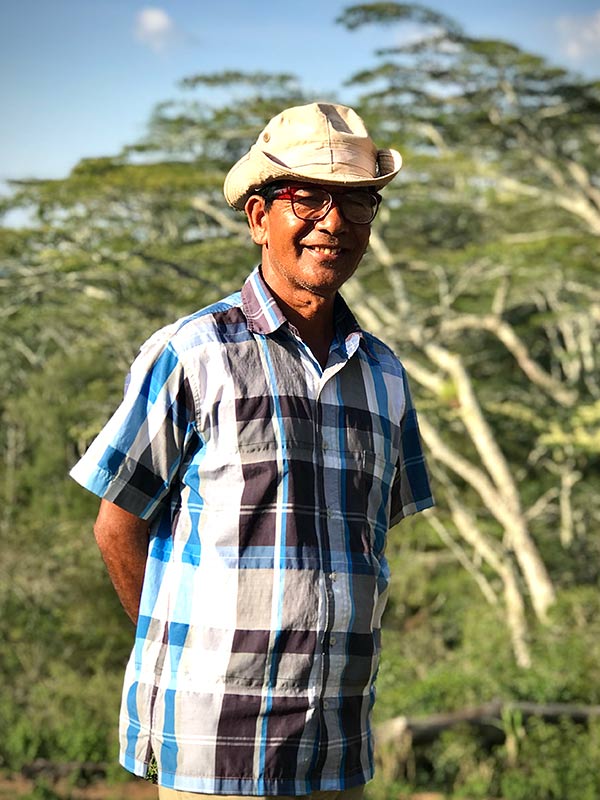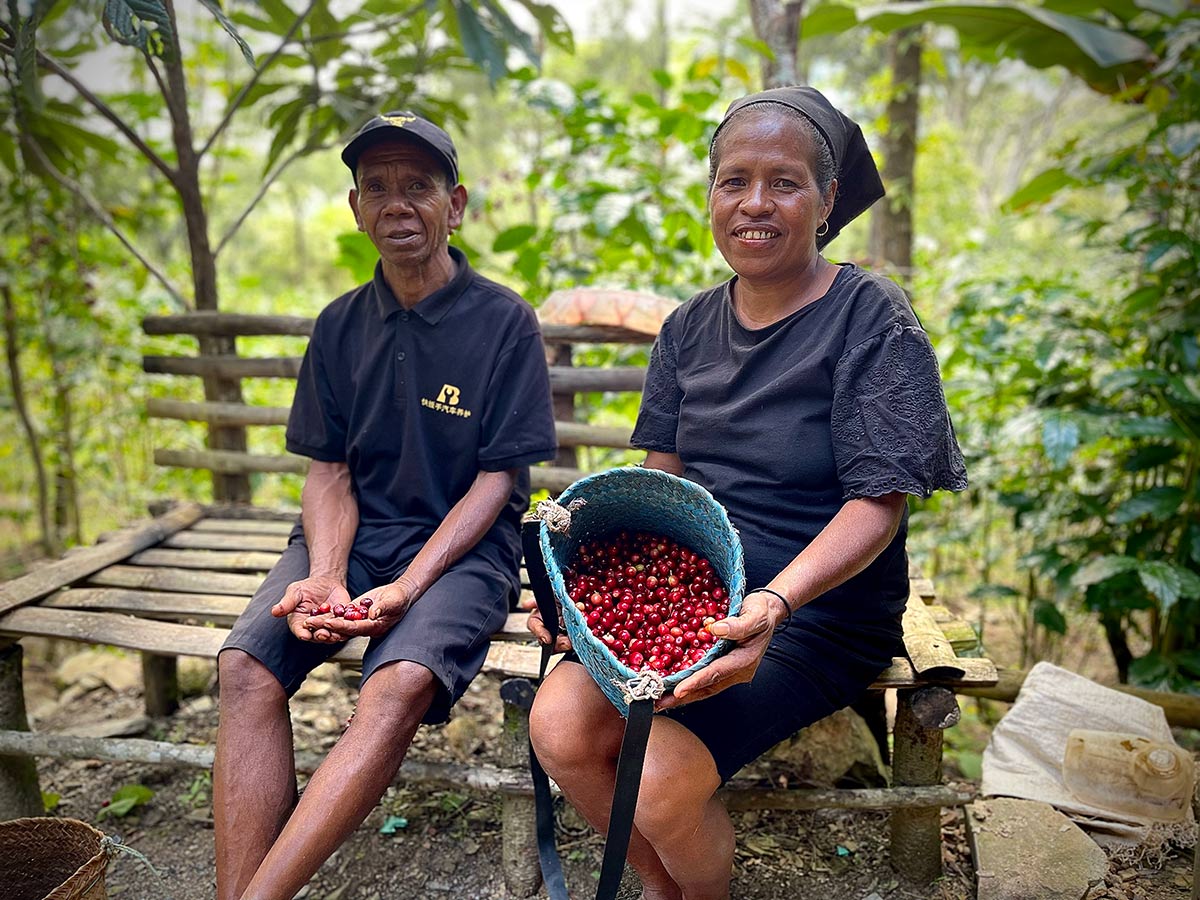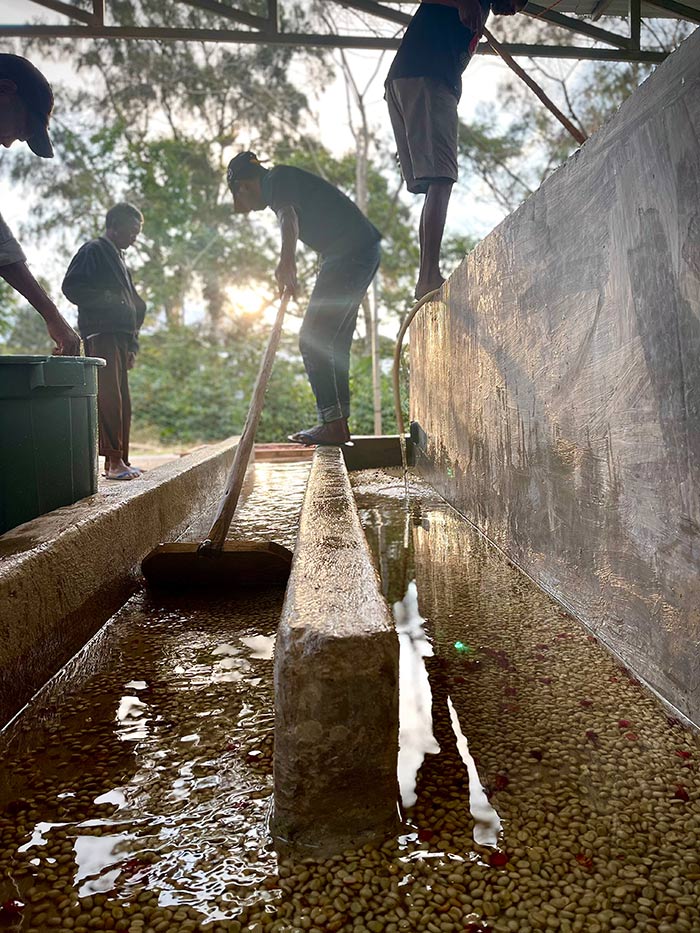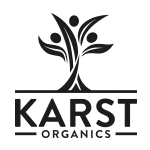ROTUTU
Altitude: 1420 – 1500 maslLead Farmer: Francisco & Filomena de Deus

Google Earth Co-ordinates: 8°49’40″S 125°26’19″E
| Working together | Since 2018 | Process | Fully-washed |
| Harvest Period | June – July | Packaging | 30kg (Ecotact & Jute) |
| No. of farmers | 8 | Screen Size | 17, 16, 15 |
| Varietal | Typica, Timor Hybrid | What we taste | Tangerine, Praline, Red Tea |
Upon our first meeting with the coffee farmers of Rotutu in 2017, we recognised instantly the potential of East Timorese coffee and entered into a partnership with the community to elevate their coffee quality in order to open new opportunities in international markets, and ultimately maximise their earning potential. After 2 years of research and at the request of the community, we built the Rotutu processing facility in 2019 and implemented a cherry purchasing model whereby our purchase price has continued to increase year on year at an average of 30% above the local commercial price.
As the coffee sector slowly develops in Letefoho, so we have learnt to evolve and have adapted our purchasing models based on the wants and needs of the community. During the 2023 harvest many farmers chose to process their coffee independently and sell parchment preferring to receive a lump-sum payment at the end of the harvest. This pattern changed in 2024 and due to the many cultural festivals that took place in Rotutu’s community, members couldn’t commit the time to processing coffee and preferred to sell their cherry instead. This adaptability highlights the reason we have a two-tier purchasing system and gives farmers the autonomy to choose how they sell their coffee with consideration to their culture which remains at the heart of daily life.


The importance communities place on traditional cultural practices cannot be overstated in Timor-Leste and particularly in remote mountain communities such as Letefoho. Rotutu’s decision to focus on cultural activities in 2024 meant that we were unable to open our processing facility in their community but if nothing else, living in Timor-Leste for all these years has taught us to be adaptable and alternative arrangements were soon put in place to centrally process their coffee.
After discussing other processing locations with Maun Simao Pedro de Deus (Karst’s Field Manager), he suggested that we use his land in Letefoho to process Rotutu’s coffee. After careful consideration we accepted Simao’s offer and decided that given the challenges previous years had presented with inclement weather it was time to invest in poly-tunnels to ensure even greater consistency with drying and combat the challenges that changes in climate are presenting.
2024’s change of location was an overwhelming success and lovers of our flagship coffee will still be able to find the pleasing tanginess in the cup which this coffee has become well-known for.


